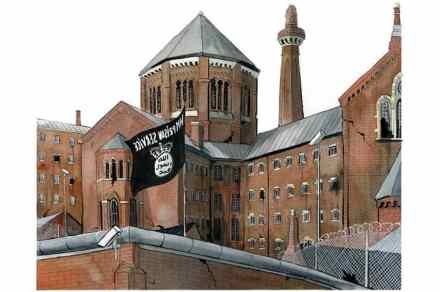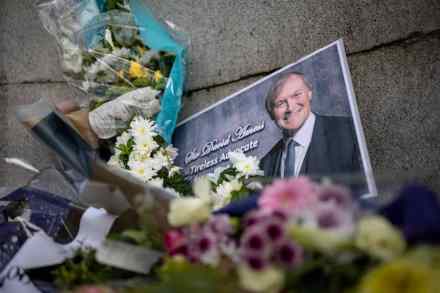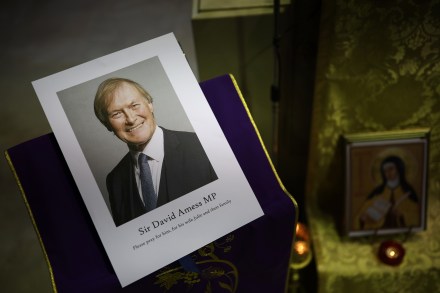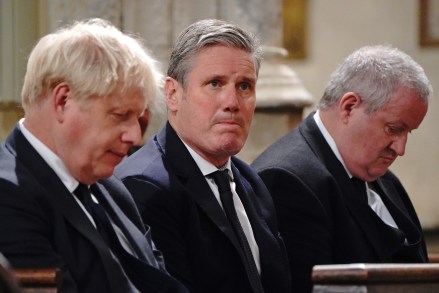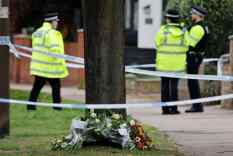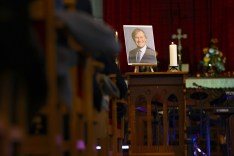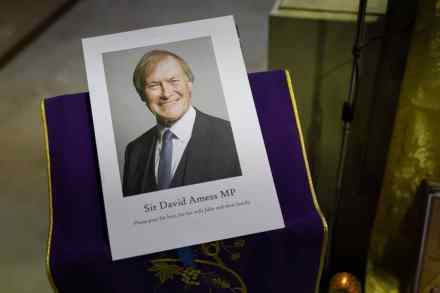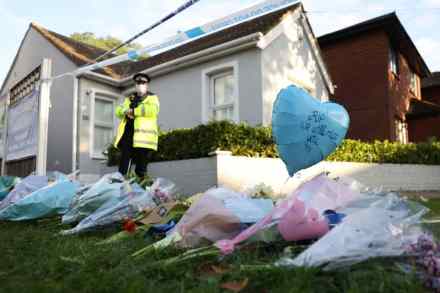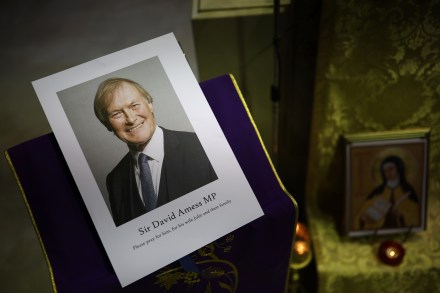Our prisons are woefully unprepared for Ali Harbi Ali
The Islamist terrorist Ali Harbi Ali will spend the rest of his life behind bars for the murder of Sir David Amess MP. But as he fades from public view, will his risk also disappear? That’s a headache our beleaguered prison service will now have for decades to come. The signs are not promising. Harbi Ali, who reportedly smirked after stabbing Amess more than 20 times, showed no sign of remorse or contrition throughout his trial. Unlike many of the terrorists he will be joining in one of our high security prisons, he managed to convert his distorted thoughts into lethal action. He’s a blooded jihadist and he will be
